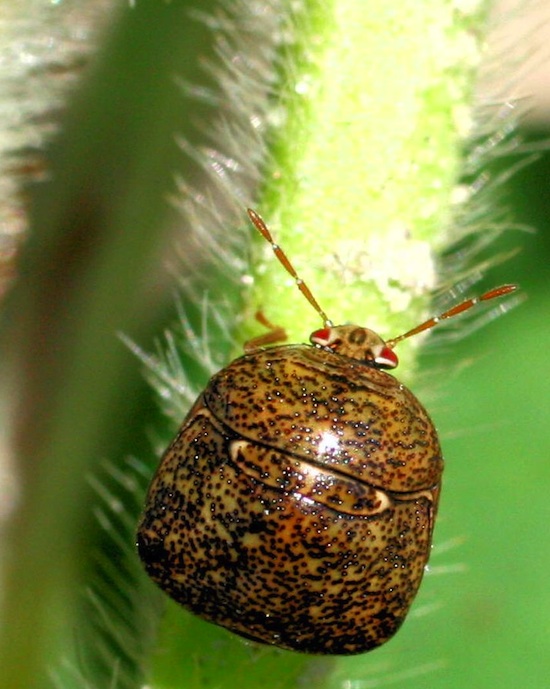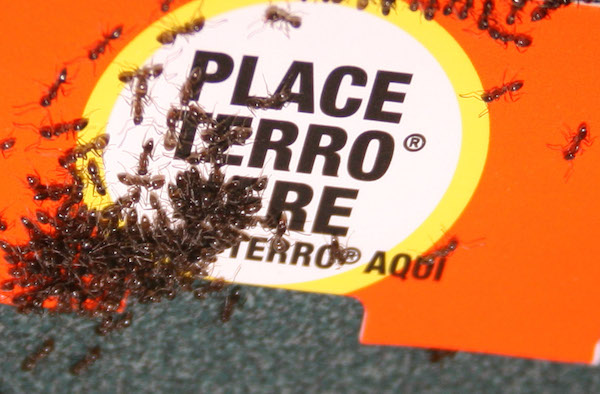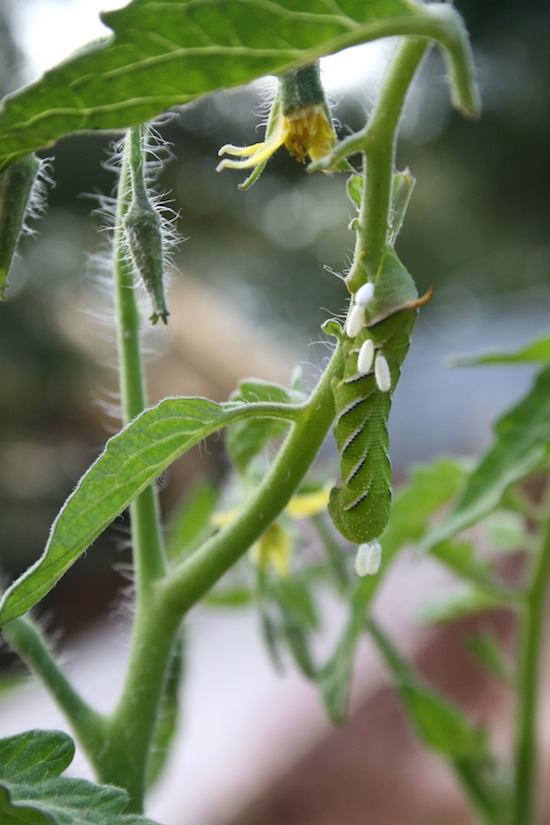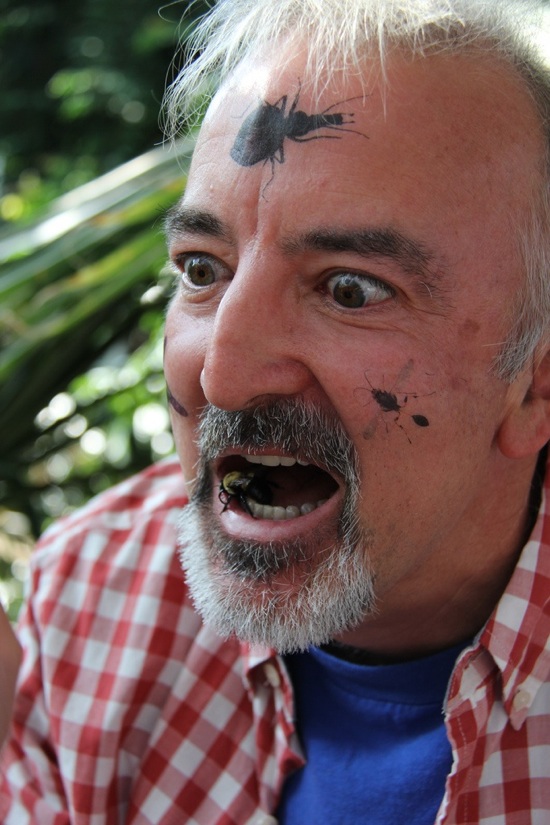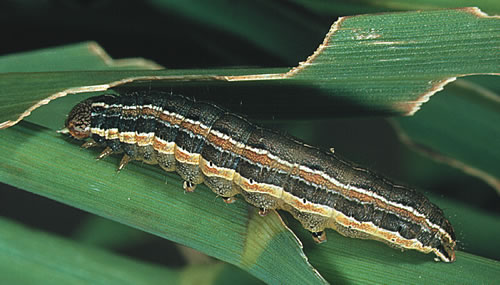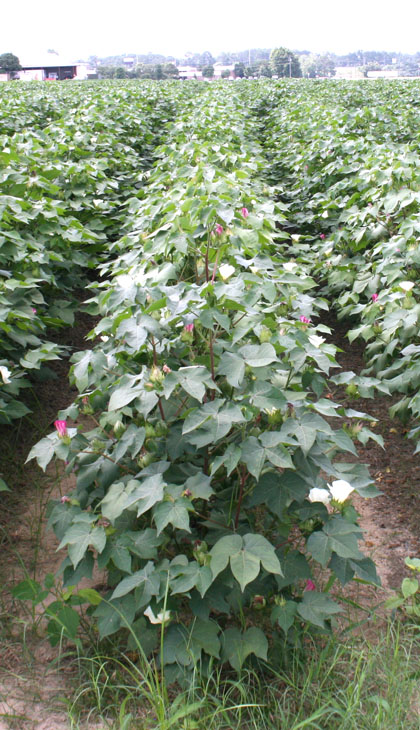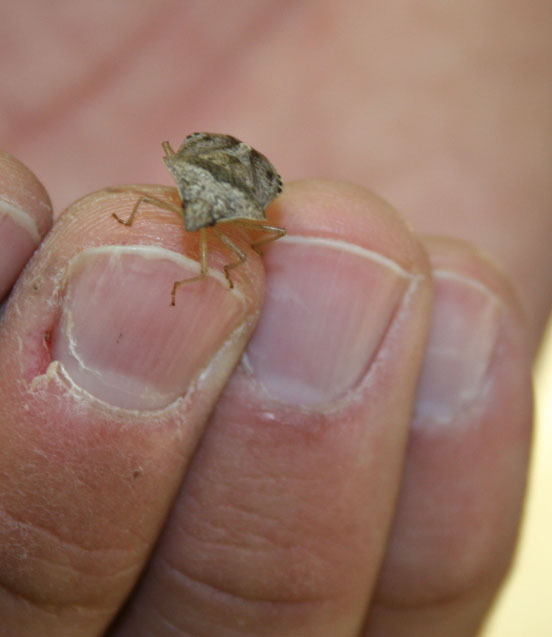 CAES News
CAES News
Pest Thresholds
With fall comes a number of seasonally emerging insects across the state. Some are beneficial, some are beautiful and some of these insects may come in numbers large enough to become pests. Before reaching for pesticides, consider whether the insect is actually causing damage.


